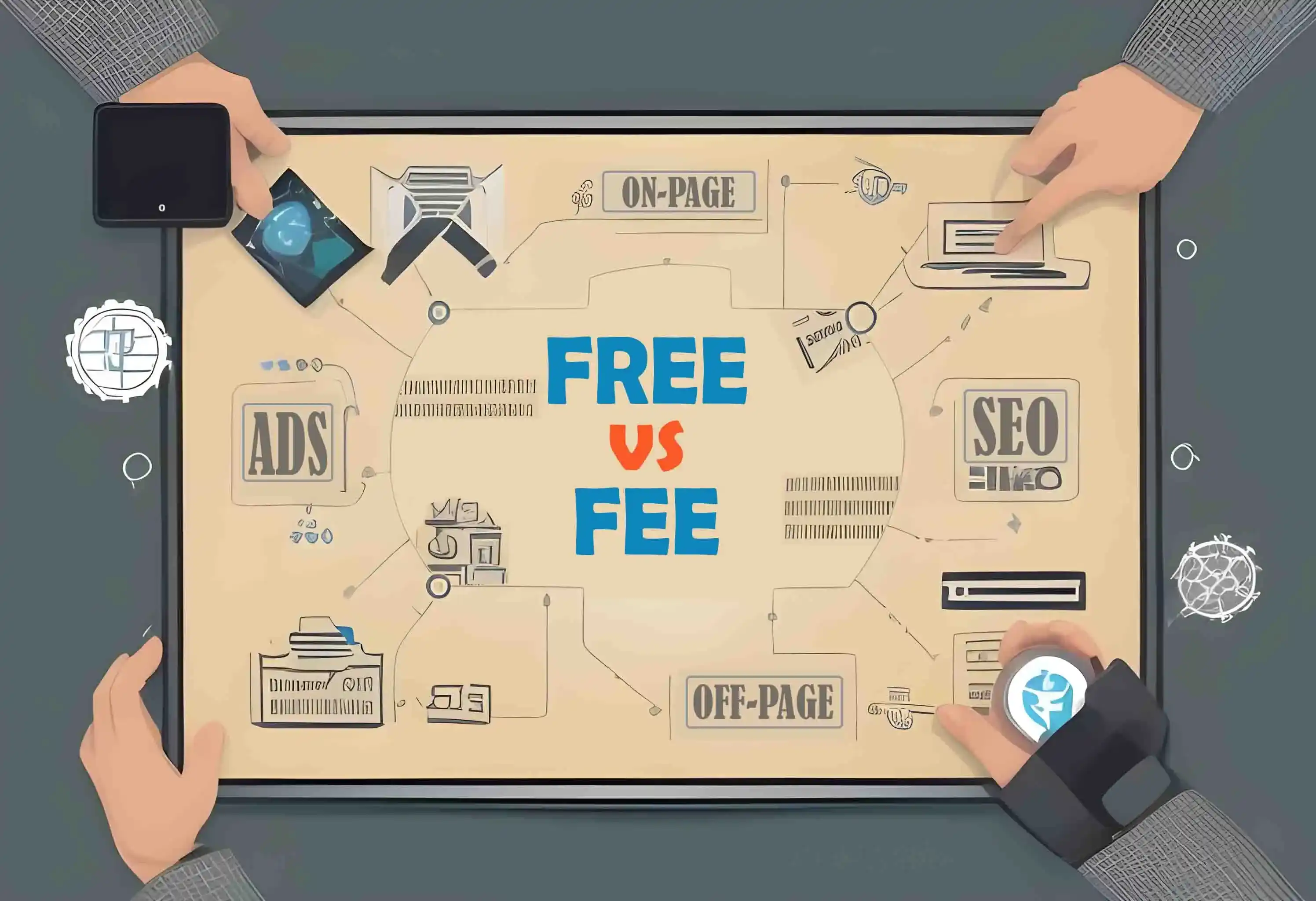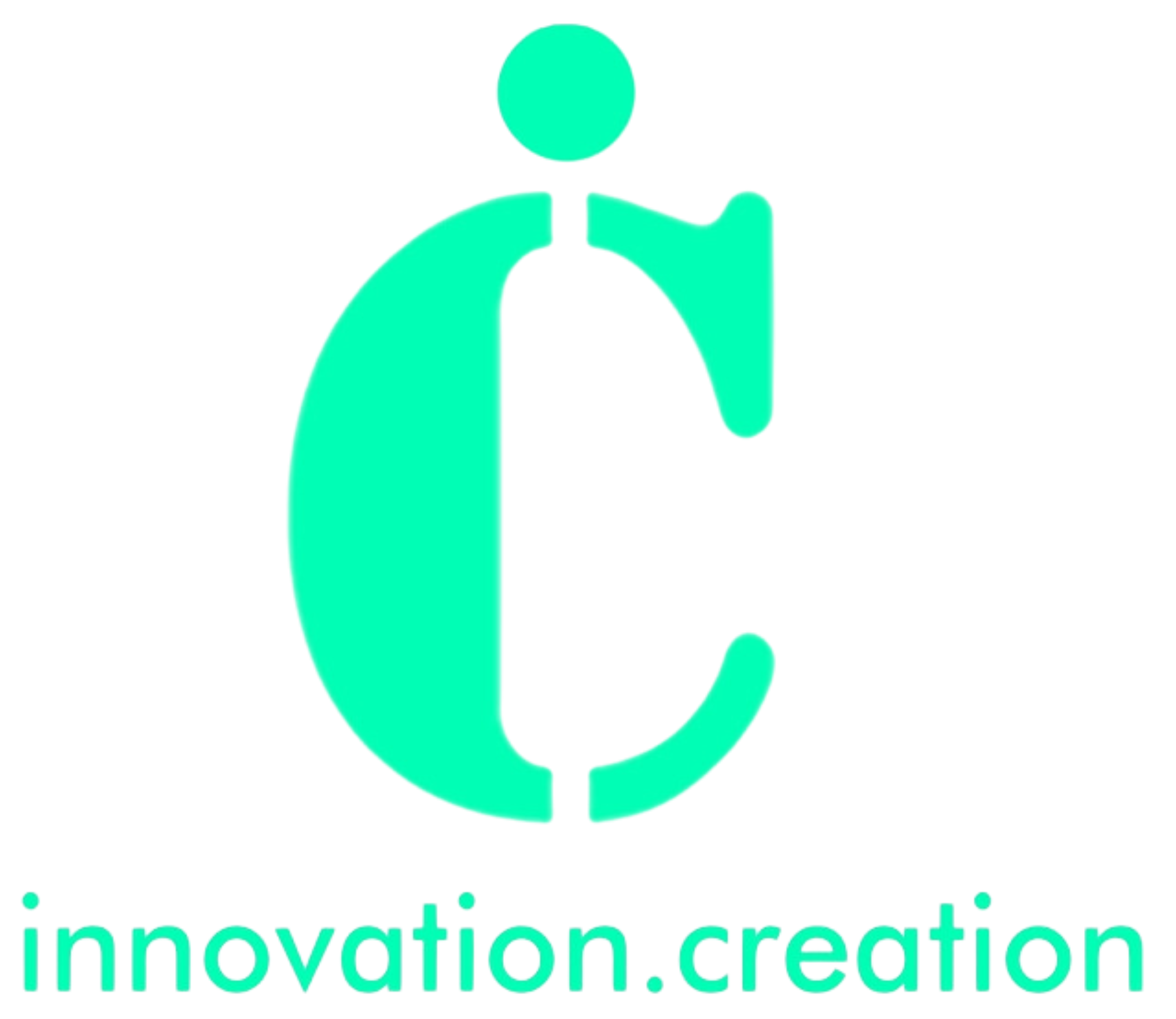
Know Before You Go
In today’s digital era, consumers rely on search engines to find everything they need. Imagine your ideal customer – they’re searching for a product or service you offer. If your business doesn’t appear in the search results, that potential customer is gone. This is where search engines become a game-changer for businesses.
There are two primary ways to leverage search engines: organic search and paid search. Organic search, often referred to as Search Engine Optimization (SEO), involves optimizing your website to rank higher in search results for relevant keywords. This involves both on-page optimization (refining your website’s content and structure) and off-page optimization (building backlinks from other high-authority websites). The higher your ranking, the more organic traffic – free clicks! – you’ll attract.
Paid search, also known as Pay-Per-Click (PPC) advertising, allows you to place targeted ads directly on search engine results pages (SERPs). You bid on keywords you think your ideal customers are searching for, and when someone clicks your ad, you pay a fee. This method offers faster visibility but comes with a direct cost.
So, the question becomes: free organic search or paid PPC advertising? Like most things in business, the answer is “it depends.” This blog will delve into the advantages and disadvantages of both methods, helping you craft a cost-effective strategy to acquire organic and paid search for your business.
Organic Search (SEO)
Organic search refers to the unpaid results displayed by search engines like Google when users enter a query. Search Engine Optimization (SEO) is the practice of improving your website’s ranking in these organic search results.
SEO works by optimizing your website for relevant keywords. This involves keyword research to identify the terms your target audience uses, followed by content creation that addresses those keywords in an informative and engaging way. High-quality content is essential to attract and retain visitors.
Another key SEO tactic is link building. Earning backlinks (links from other websites to yours) signals to search engines that your content is valuable and trustworthy. This can significantly boost your ranking.
Organic search offers numerous benefits. Compared to paid advertising, it’s a highly cost-effective way to drive traffic. Well-optimized websites can achieve long-term results, with top rankings persisting for years and ongoing maintenance. Additionally, organic placement builds greater brand trust as users perceive your content as a credible source of information.
However, organic search also presents challenges. Achieving high rankings takes time and consistent effort. The SEO landscape is constantly evolving, and competition can be fierce. Be prepared to invest time and resources in creating valuable content and implementing effective SEO strategies.
Paid Search (PPC)
Paid search, often used interchangeably with PPC (Pay-Per-Click), is a form of online advertising where businesses place ads on search engine results pages (SERPs). Advertisers bid on specific keywords, which are terms users are likely to search for. When a user searches for a relevant keyword, the advertiser’s ad appears at the top of the search results, typically marked as “Ad”.
The core of paid search involves three key elements: bidding on keywords, crafting compelling ads, and designing effective landing pages. Businesses bid on keywords they believe their target audience will use, aiming for the most relevant and profitable searches. The ad itself is a concise message that entices users to click and visit the advertiser’s landing page, a webpage specifically designed to convert that click into a desired action, like a sale or signup.
Paid search offers several advantages. Unlike SEO (Search Engine Optimization), which focuses on organic search ranking and can take time to show results, paid search delivers faster visibility. By targeting specific keywords, businesses can reach a highly relevant audience actively searching for their products or services. Additionally, paid search campaigns are measurable, allowing advertisers to track clicks and conversions, and calculate return on investment (ROI).
However, paid search also presents challenges. It’s an ongoing cost, requiring continual investment to maintain ad visibility. Furthermore, running successful campaigns requires expertise in keyword research, ad copywriting, and landing page optimization. The competitive nature of bidding can also drive up costs, as businesses vie for placement on popular keywords.
Free vs. Fee: The Key Differences Between Organic vs. Paid Search
| Features | Organic Search (SEO) | Paid Search (PPC) |
|---|---|---|
| Cost | Free (after initial SEO investment) | Pay per click (PPC) model |
| Speed of Results | Takes time to build ranking through SEO | Immediate results with active campaign |
| Control & Targeting | Limited control over placement, target by on-page optimization and keywords | High control over ad copy, targeting by demographics, keywords, interests |
| User perception of results | Generally considered more trustworthy and reliable | Seen as advertising, may be less trusted |
| Effect on brand authority | Offers a sustainable, long-term approach with potentially higher conversion rates due to user trust in organic results | It delivers immediate results with targeted reach, but the traffic stops when you stop paying making it less trustworthy |
The Perfect Blend: Combining Organic & Paid Search
Imagine having two powerful tools in your marketing toolbox: organic search for long-term growth and paid search for immediate impact. That’s the magic of combining these strategies.
Organic search, or SEO, optimizes your website to rank high in search results naturally. It’s cost-effective but takes time to build. Paid search, like pay-per-click (PPC) ads, gets you to the top of search results instantly but requires ongoing investment.
Used together, they create a powerful one-two punch. Here’s why:
-
Immediate Visibility & Long-Term Growth: Paid search gets you seen instantly, while SEO builds authority for lasting organic traffic.
-
Targeted Reach & In-Depth Content: Paid ads target high-intent searches, while SEO allows you to cater to a wider range of user queries with informative content.
-
Data-Driven Optimization: PPC data refines your keyword strategy for SEO, while SEO insights can improve your ad copy and landing pages for better-paid search results.
The beauty lies in their synergy. Paid search can target specific keywords while you build organic ranking for broader terms. Data from paid campaigns informs your SEO strategy, revealing valuable user intent and effective keywords. Strong organic rankings boost the credibility of your paid ads, leading to better click-through rates.
Free vs. Fee: The Not-So-Either/Or Choice
Search engines don’t require choosing solely between free organic reach or paid advertising. The true power lies in strategically wielding both SEO and PPC.
This approach offers the best of both worlds: immediate visibility through paid search propels you forward, while SEO establishes long-term authority for sustained organic traffic. By working together, they create a dynamic duo that informs, targets and converts.
So, ditch the “free vs. fee” mentality and embrace the “and” –– SEO and PPC working in tandem is the key to conquering the ever-evolving search engine landscape.


Share Your Thoughts
Comments on “Free vs. Fee: Own the Search Game for Your Business”